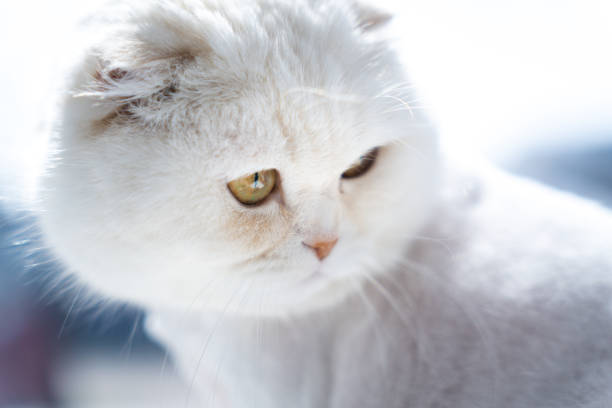Senior cat litter-box problems are common and not always a result of the cat’s past habits. These problems are not uncommon in older cats, regardless of whether they have lost their kitten toilet manners or developed litter-box problems.
Senior felines rarely have litter box issues. It’s important to be proactive and know the signs to alert you if your cat experiences problems with its litter box. You may notice a change in your cat’s routine, environment, or schedule that could cause litterbox problems. It may be finicky as it ages or have a medical condition that makes it difficult to clean its litterbox. These are some tips to help you understand your older cat’s litterbox problems and how to deal with them.
Take into consideration any medical problems
Your older cat may have a medical problem that is causing problems with litterbox . If your cat’s behavior changes suddenly, consult your vet immediately to rule out any medical conditions and to discuss treatment options. Desert Birds can cats eat bananas These are possible reasons your cat may have stopped using the litter box:
Diabetes, hyperthyroidism and kidney disease are all conditions that can be quite common in older cats.arthritis or degenerative joint disease or other spinal conditions can cause pain in your cat’s eyes. You may find a better place for your cat to relieve its discomfort.
Your senior cat may not be using the litterbox because of decreased vision or glaucoma. Blind cats remember the exact location of important property such as their favorite spot to nap, their food bowl and the litter box. Until you move or rearrange furniture, your cat may not be able to see.
Cope with Cognitive Decline
Your elderly cat might have feline cognitive dysfunction (FCD). This is a form cognitive impairment that causes cats to lose their ability to remember where the litter box is and what they should do once they find it. Your vet might prescribe medication or supplements to your cat if your cat has been diagnosed with cognitive impairment. These are some tips to help an older cat with litterbox issues:
You can help your cat to cope by keeping it consistent in their daily routines and surroundings. You can help your cat cope by keeping it consistent in its daily routines and surroundings.
To reduce stress and anxiety in finding the litterbox, keep it in the same place. To help your cat sniff the litterbox, you can leave a recent deposit if you have to make any changes or move it. If your cat has to find its litter box, or has to have a few accidents, be patient.In case your cat can’t find the litter box, place puppy pads around it.

Keep it clean and private
Nature is meticulous and cats love privacy. As they age, senior felines become more patient and specific, much like older people. As a result, an older cat who may have been able to tolerate a less than stellar litter box as a kitten may become more patient and specific with their needs.
Add another loo
Older cats might lose their bladder tone or experience other physical conditions that make it more difficult to “hold it” for long enough to move around the house and down the stairs. Place litter boxes at each floor or at the end of your house to make it easier for your cat. can cats eat bananas
A Shorter Box
For arthritis cats, a regular commercial litter box might be too high to reach in and out of. An older cat with arthritis may have difficulty climbing into a regular commercial litter box.
